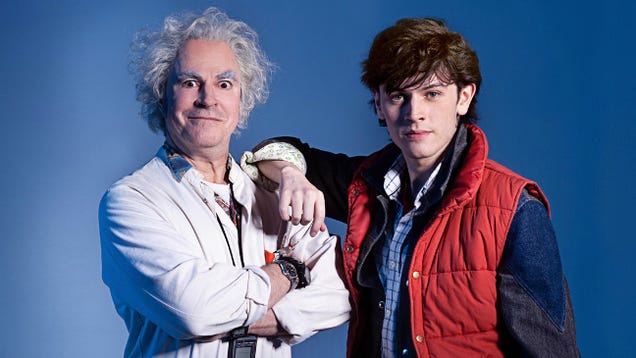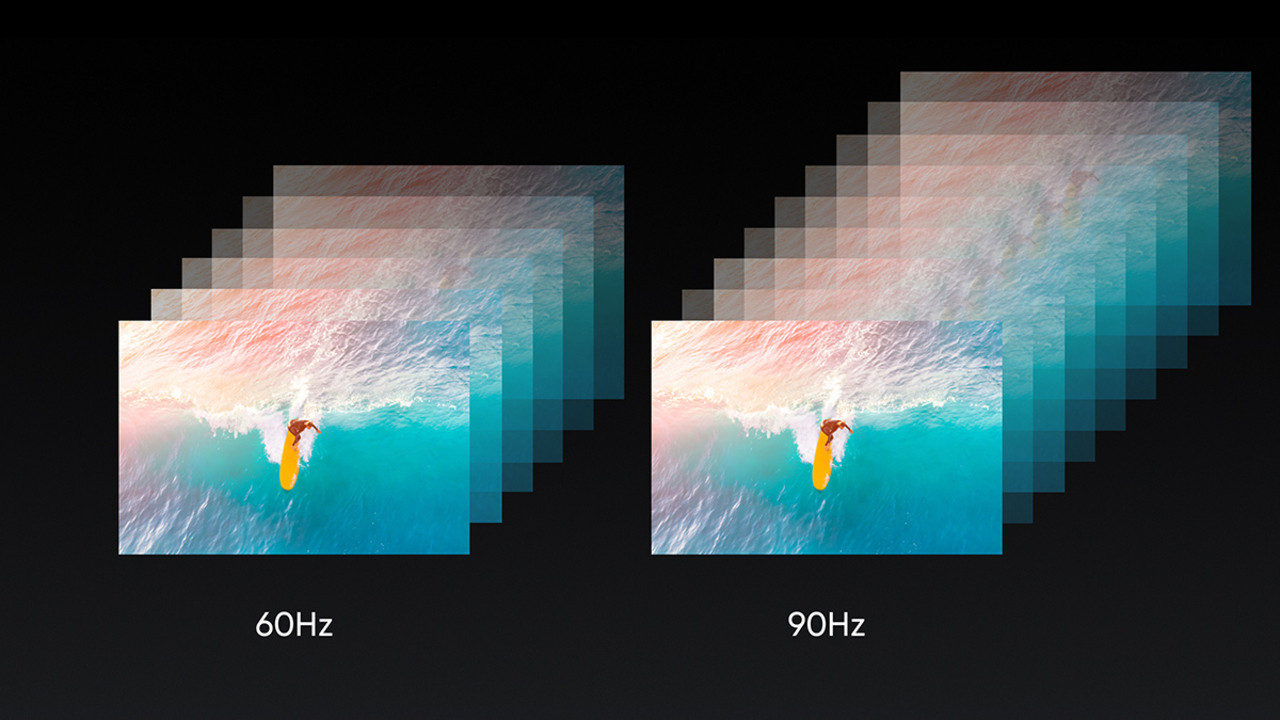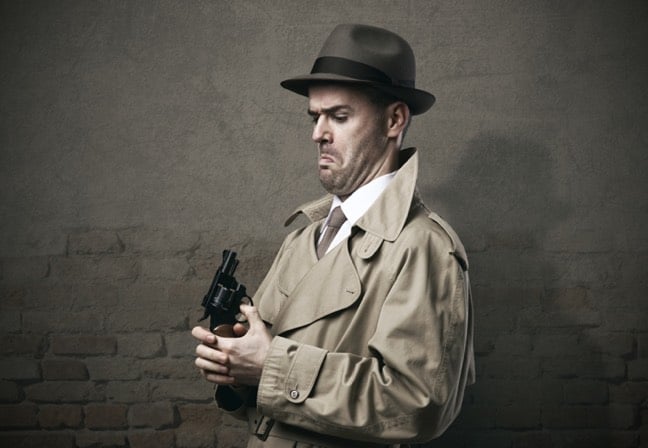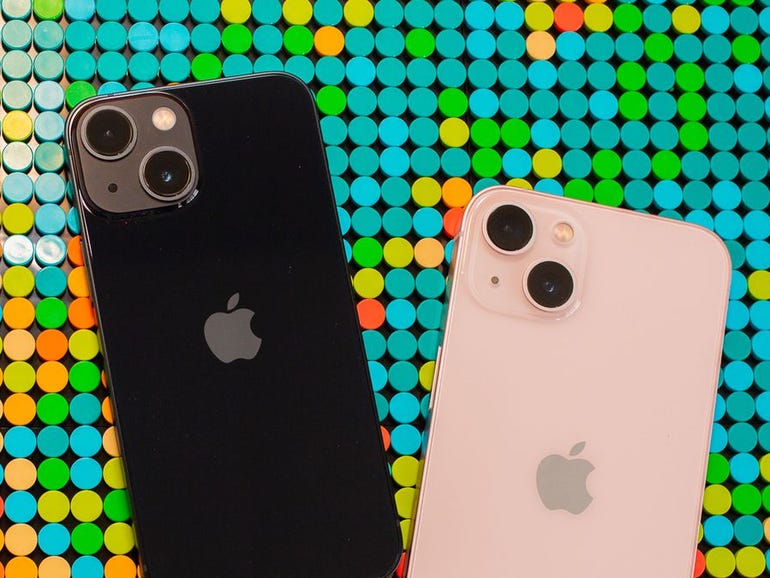We’re keeping track of the covid vaccine apps rolling out in the US and some of the ways people can now prove they’re vaccinated. But there’s a lot of conflicting and confusing information, and a lot of developers are vying to provide the go-to solution. Here, we’ve gathered answers to some common questions.
The basics
What’s a digital vaccine credential? Is it the same as a vaccine passport?
Digital vaccine credentials are a way to show you’ve been vaccinated against covid by using an app on your phone (instead of a paper record). States have a wide variety of policies and plans related to these kinds of credentials, which are also sometimes known as vaccine passports.
Some states have their own apps for times that vaccine proof is needed, such as New York’s Excelsior Pass, New Jersey’s Docket, and myColorado. Louisiana’s LA Wallet app, which also holds a driver’s license, can store a covid credential. How states link digital credentials with immunization records may vary. For example, California texts a QR code to vaccinated individuals who fill out a form to verify their identity. Some states and territories have partnered with MyIRMobile, including Arizona, DC, Louisiana, Maryland, Mississippi, North Dakota, Washington, and West Virginia. Governors and lawmakers in some states—for example, Alabama, Florida, Montana, and Texas—are actively opposed to requiring vaccine proof.
To find out where each state stands on mandating vaccine credentials and providing means for digitizing them, check out Tech Review’s guide to covid vaccine apps in the US.
Why would I want an app on my phone for vaccine proof?
Some experts have pointed out that vaccine proof on a phone isn’t as reliable as the tried-and-true paper card from the CDC. That may be, but it’s a good alternative or supplement to carrying a vaccine card everywhere. Digital proof doesn’t necessarily mean installing a new app: A photo or scan of the paper card stored on the phone will do for some venues. The latest version of Apple’s Health app, for iOS 15, will be able to store health records—including covid vaccination proof.
Be aware that although apps can be a convenient way to store information about vaccine status, experts warn of potential risks to data privacy as this technology is relatively new and being rolled out quickly.
Getting around town
Do I need to show vaccine proof in my everyday life—for example, if I want to eat indoors at a restaurant?
Most cities and towns in the US do not have vaccine requirements for indoor dining. New York City was the first to announce mandates, and it’s still one of the few to do so. It requires proof of at least one dose of vaccination for entry into restaurants, gyms, and other indoor entertainment spaces like theaters, museums, and more. San Francisco and New Orleans followed suit, with the former taking a tougher stance and requiring patrons to be fully vaccinated. Similar mandates are planned for Los Angeles and the Seattle region in October.
Some individual restaurants now require patrons to show proof of vaccination. To find out if you have to carry your vaccine proof to dinner, check to see if the restaurant is on OpenTable’s map or check with the venue.
Are businesses legally allowed to require vaccine proof for entry?
Yes. Restaurants, gyms, theatres, and some other types of businesses in cities like New York and Los Angeles want to ensure their patrons are vaccinated. While this hasn’t become common practice outside some major cities, private businesses can legally ask for proof of vaccination before providing service.
Can businesses ask their employees for vaccine proof? What about schools?
It’s legal for businesses and governments to require employees to be vaccinated, as long as they allow exemptions for medical or religious reasons. Many companies already require workers to get vaccinated, and others are following suit.
While teachers and staff in many school districts have been required to get vaccinated, the rule has not extended to students in most areas. Los Angeles is the first major school district to mandate covid vaccines for students ages 12 and older who are attending class in person. Covid vaccines for children under 16 have not received full FDA approval yet. When the approvals come through, more states or school districts may include the covid vaccine on their lists of required immunizations. An increasing number of colleges and universities require vaccination.
Travel
Do I have to show vaccine proof for air travel within the US?
Vaccination is recommended by the CDC, but is not mandatory, for travel within the US, and airlines are accepting several apps that allow travelers to show proof.
The International Air Transport Association (IATA) launched the IATA Travel Pass, a mobile app for storing and managing verified certifications for covid tests or vaccines. It’s partnering with over 40 airlines, including British Airways, Air France, Emirates, Singapore Airlines, and Virgin Atlantic. Another app, VeriFLY, is accepted by American Airlines, Alaska Airlines, and others for travel from the US to other destinations. Clear Health Pass can display a scan of a paper CDC card, as well as vaccine credentials from several states, including Hawaii—which has strict rules for vaccinated travelers (and even more rules for the unvaccinated, including a 10-day quarantine). Hawaii also accepts records through the CommonPass system or its own app, and has an online portal with detailed instructions.
“We have in our phone, we have a picture of it, we’ve got duplicates in the file cabinet—because this has become your path to entry.”
-Nicol Turner Lee
If you’re thinking about international travel, CNN Travel has a list of countries where US passport holders are welcome.
The bigger picture
We asked Nicol Turner Lee, director of the Center for Technology Innovation and a senior fellow at the Brookings Institution, about the prospects for vaccine credentials going forward. She says people are understandably confused and a little frantic right now: “We have in our phone, we have a picture of it, we’ve got duplicates in the file cabinet—because this has become your path to entry.”
Turner Lee stresses that many people can’t easily comply when new digital hurdles pop up. She cites a recent trip she took to Hawaii, where, upon landing, “you had to show your phone and your QR code to get a wristband… and it was so surreal. As we see these passports become more ubiquitously used, we see more public institutions and private establishments that can potentially deny your admission.”
That, she says, could have big implications for basic fairness. “We need to be gathering data on what this means for people who lack access to digital resources,” she says. At the same time, we can’t necessarily eliminate this technology altogether: “We’re stuck. We need to do it because of the health consequences.”
—With additional reporting by Lindsay Muscato
This story is part of the Pandemic Technology Project, supported by The Rockefeller Foundation.
Note: This article have been indexed to our site. We do not claim ownership or copyright of any of the content above. To see the article at original source Click Here












